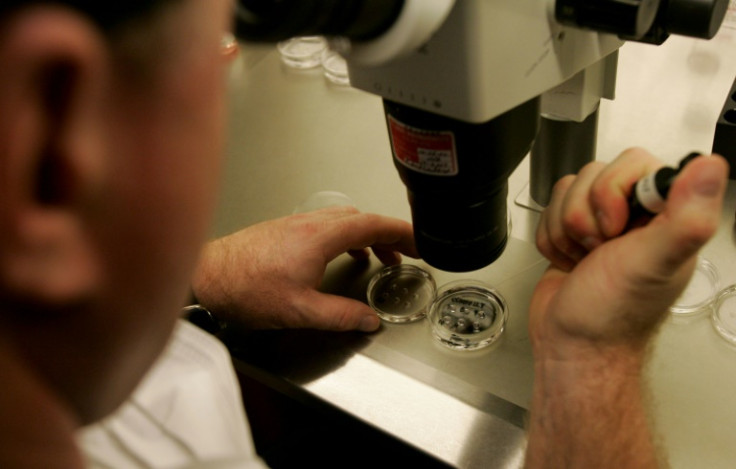Alabama Gov. Ivey Signs IVF Protection Bill Amid Legal Turmoil

In response to an unprecedented state Supreme Court ruling, Alabama Governor Kay Ivey signed a bill into law late Wednesday to protect in vitro fertilization (IVF) patients and providers from legal liability.
The move comes after the court's recent decision in a case concerning the accidental destruction of frozen embryos at a fertility clinic. The court declared frozen embryos as human beings and those who destroy them can be held liable for wrongful death, raising concerns about reproductive health freedom and IVF access, CNN reported.
The new law, a Republican-backed initiative, does not directly address the personhood issue at the core of the Supreme Court ruling but aims to provide civil and criminal immunity to IVF providers and patients for the destruction or damage to embryos.
However, the fertility clinic at the center of the controversial case has halted services, stating that the legislation falls short of providing adequate legal protection to resume care. from the accidental destruction of frozen embryos at a fertility clinic,
Three of the state's IVF providers had immediately paused some services, forcing some families to seek treatment out of state. Critics argue that the legislation's language lacks clarity, raising questions about the storage and transportation of embryos, and may even insulate providers from standard medical malpractice claims.
State Sen. Larry Stutts, the lone dissenter in the Senate, criticized the bill for being more focused on protecting providers than ensuring recourse for affected mothers involved in IVF.
While acknowledging the law as a temporary fix, Rep. Terri Collins and Sen. Tim Melson, the bill's sponsors, as per CNN, emphasized its necessity to provide immediate relief for families impacted by the IVF service suspension. Governor Ivey echoed their sentiments, acknowledging the need for more work on IVF protections in the future.
IVF patients expressed cautious relief as the legislation was signed into law. Elizabeth Goldman, whose IVF treatments were halted, thanked lawmakers for helping clinics reopen, while Gabrielle Goidel and Gabbie Price expressed hope for change but stressed the need for a broader conversation on the issue.
As clinics prepare to resume services, concerns linger over the lack of clarity in the legislation and its potential implications on legal risks for IVF providers. The University of Alabama at Birmingham and Alabama Fertility, two major providers, plan to restart IVF treatments, but others, including The Center for Reproductive Medicine at Mobile Infirmary, remain cautious, awaiting legal clarification.
© Copyright IBTimes 2024. All rights reserved.












